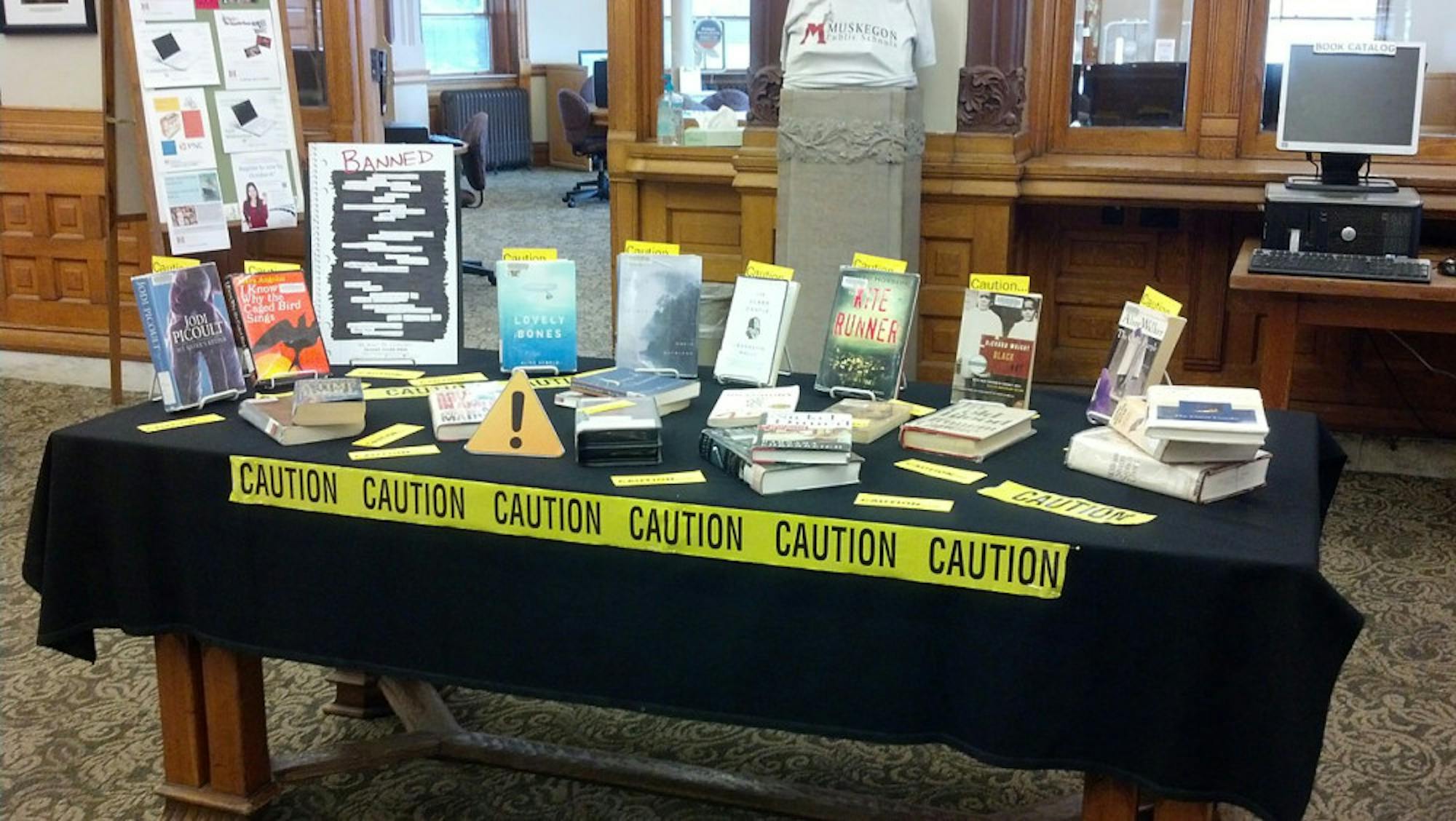“The Great Gatsby” by F. Scott Fitzgerald is my favorite book. Other favorites of mine include “To Kill a Mockingbird” by Harper Lee, “The Lord of the Flies” by William Golding and “Animal Farm” by George Orwell. All of these books, in addition to at least hundreds of others, have been challenged, banned or removed from libraries all over the United States. A book ban occurs when a person or a group objects to the content of a book, and through successful challenge, that book is removed from libraries and school curricula.
Between July 2021 and June 2022, 2,532 books were banned in schools in the United States. Over half of these bans have occurred in Texas and Florida — where Gov. DeSantis’ administration banned the AP African American Studies course. These events have a common denominator: politicians, specifically Republicans, who are imposing politics and culture wars on education. Book bans are a form of anti-democratic, subjective censorship with negative implications for both students and educators. In many cases, book bans target books with themes of identity and self-expression, with 41% of books banned from July 2021 to June 2022 having explicit LGBTQ+ themes or characters. The problem has worsened, as the number of book bans doubled between 2020 and 2021. Currently, there are ongoing debates in New Hampshire surrounding the so-called “obscene materials bill,” which would allow parents to challenge school books and materials that they deem inappropriate. However, based on prior book bans, the bill might be a cover for removing books with LGBTQ+ characters or books with characters of color.
These book bans create serious implications for education. Censoring education through restricting reading materials denies American students the right to a complete education. Book bans of this nature restrict how students learn and discuss American history and current events. Teachers now fear what they can and can not say in their own classrooms. Students’ learning is directly influenced by the views of politicians, and reading about other cultures and values creates empathy. By banning such content, Republican politicians are succeeding in creating a more intolerant, xenophobic society.
Moreover, the impact of book bans on students’ mental health is significant. Seeing books disappear off shelves with characters and stories that represent and speak to them is detrimental — students lose representation of the LGBTQ+ community and characters of color, coverage of American racism, awareness of identities other than heterosexual white characters and access to sex education.
Book banning isn’t only happening in Republican states. “Harry Potter and the Half-Blood Prince” (2005) by J.K. Rowling, “The Hunger Games” (2008) by Suzanne Collins and “Adventures of Huckleberry Finn” (1884) by Mark Twain are some examples of titles challenged in certain New England states. While Massachusetts has laws in place to protect students’ right to equality in education, regional book bans directly contradict those objectives.
Nationally, Democrats are pushing efforts to fight against censorship. Currently, the Supreme Court decisionIsland Trees School District v. Pico states that “the government — in this case, a public school — cannot restrict speech because it does not agree with the content of that speech,” according to the Bill of Rights Institute. In fighting to protect the decision of this case, Senator Brian Schatz and U.S. Rep. Jamie Raskin are drafting legislation to denounce book censorship and the elimination of educational materials from libraries and schools.
While Democrats are passionate about protecting students’ right to learn, in this battle, the Republican Party possesses skills that Democrats have yet to harness: effective mobilization at the local level. This wave of book banning is spearheaded by conservative organizations, and they are effective in winning local elections and gaining control at the local level. This mass mobilization is a serious threat to democracy. Book bans are censorship and therefore a violation of our First Amendment rights. Censorship is not democratic. Book bans are not democratic. In order to further a democratic society with educated students, we must invest more of our time, energy and resources into getting ourselves and others involved in local government, starting with the local school board. Only through control at the local level can we ensure that the integrity of our libraries remains intact.






